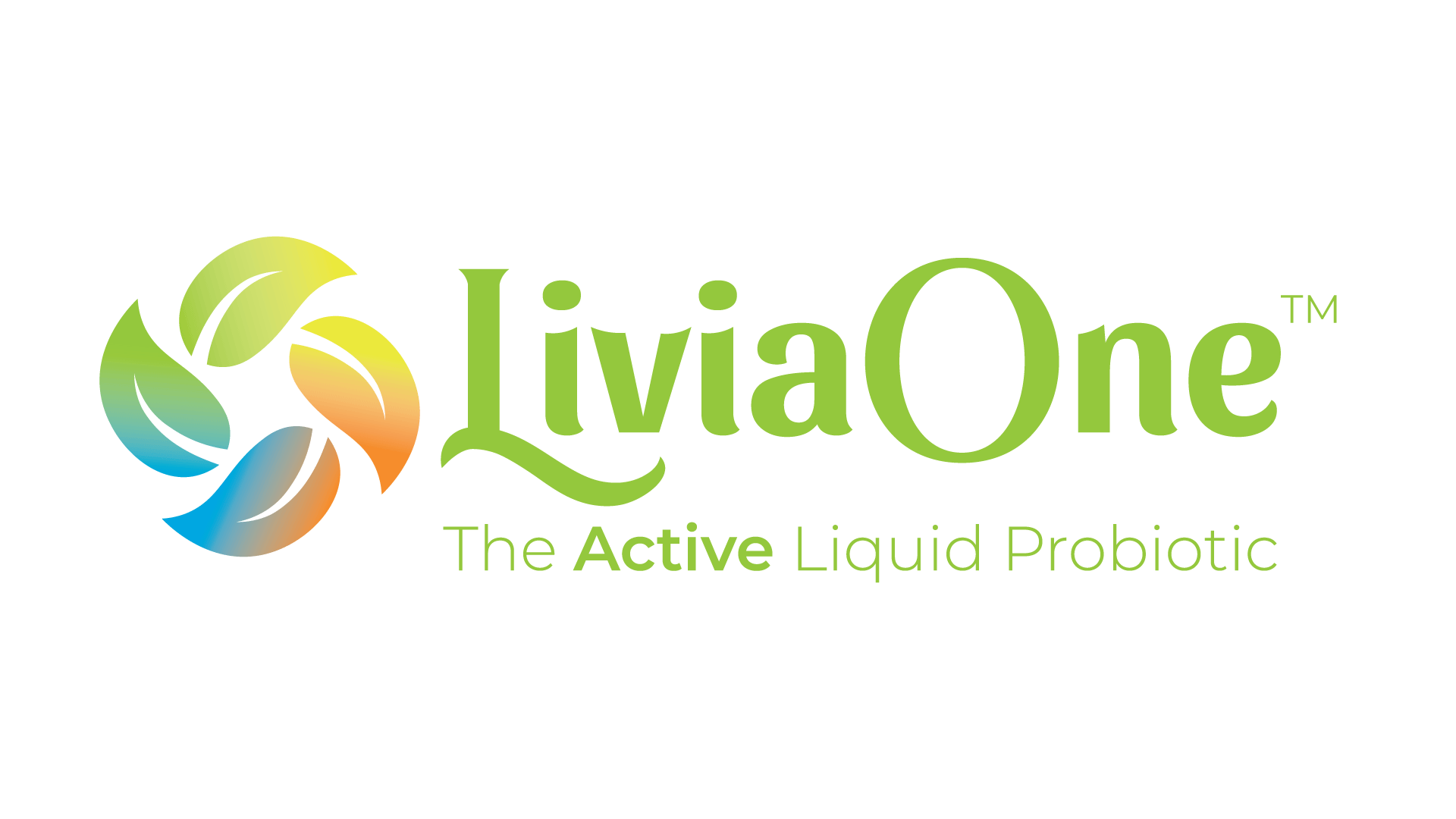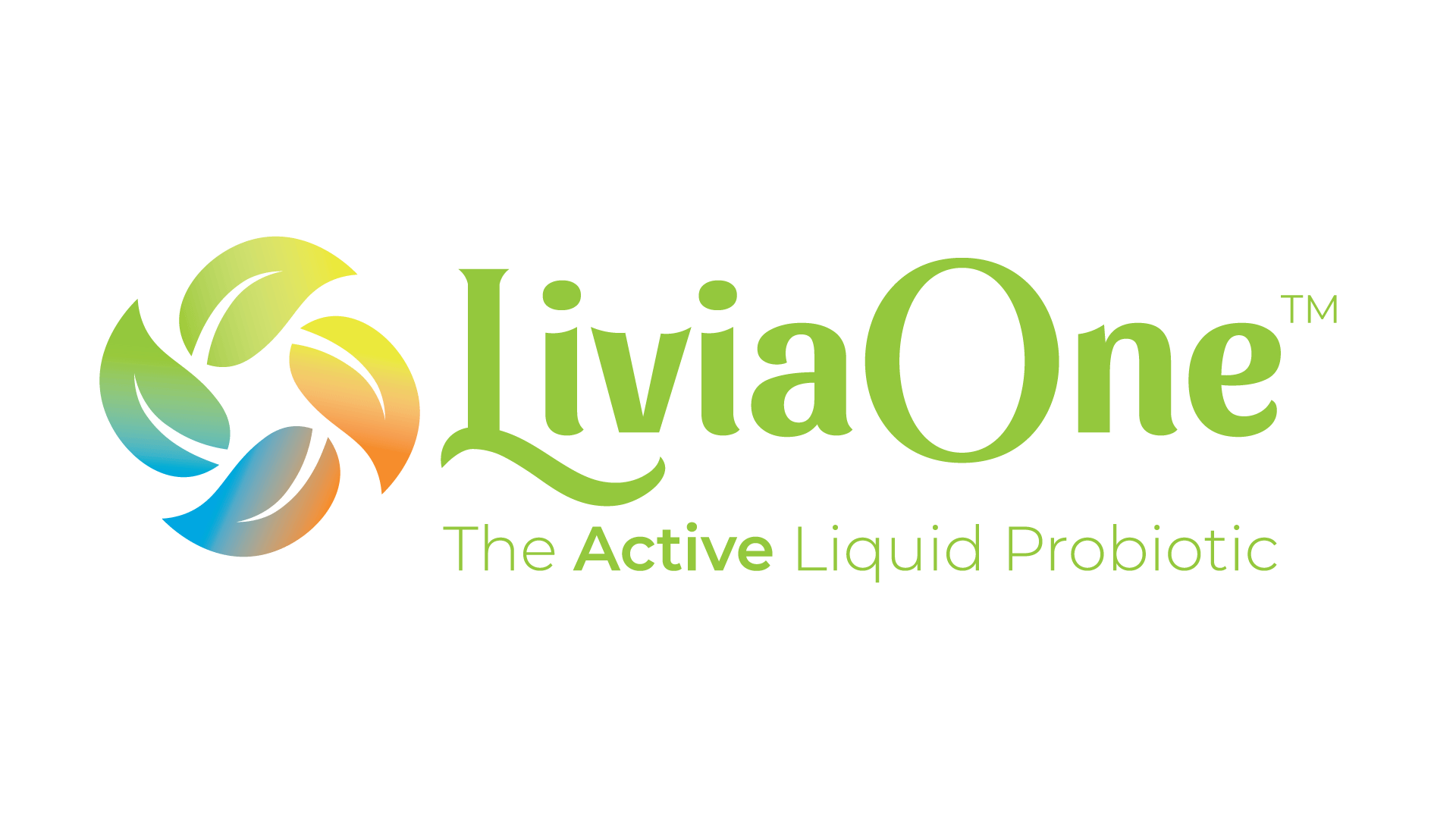Bifidobacterium Longum
INTRODUCTION
Bifidobacterium longum, also commonly referred to a B. longum, is a non-pathogenic probiotic that is found naturally in the gastrointestinal tract (GIT) and the vagina. As a probiotic, B. longum may provide health benefits to individuals as B. longum works to prevent disease. Probiotics and B. longum by extension are "dietary supplements or foods that contain beneficial, or 'good,' bacteria that are similar to those normally found in your body. Although you don't need probiotics to be healthy, these microorganisms may provide some of the same health benefits that the bacteria already existing in your body do such as assisting with digestion and helping protect against harmful bacteria."(1)
BIFIDOBACTERIUM LONGUM
Bifidobacterium Longum has been described as one of the most significant and important types of "good" bacteria that inhabits the human body. Bifidobacterium longum or B. longum is "very helpful because it maintains a normal digestive tract, inhibits the growth of harmful bacteria, and also boosts the immune system."(2) Other benefits of B. longum include, "diarrhea prevention in antibiotic treated patients, cholesterol reduction, alleviation of lactose intolerance symptoms, immune stimulation, and cancer prevention."(2). There are several types of food sources in which B. longum can be found and these food sources include: yogurt, various types of fermented dairy foods, and cultured vegetables such as sauerkraut. Additionally, B. longum may be taken in supplement form. B. longum, as well as other types of "good" bacteria, have what is considered a symbiotic relationship with human beings. This means that the relationship between B. longum and human begins is mutually beneficial. B. longum ferments sugars into lactic acid thereby lowering pH levels in the intestine (2). Therefore, it assists the body in "maintain[ing] a healthy balance of intestinal flora by producing organic compounds such as lactic acid, hydrogen peroxide, and acetic acid that increase the acidity of the intestine and inhibit the reproduction of many harmful bacteria."(3)
Several studies involving the benefits of B. longum have been conducted on both humans and animals with positive outcomes. One such study suggested that B. longum contained both antimutagenic and anticarcinogenic properties as asserted that the lactic acid produced by B. longum may have an affect on tumor cells.(4) The study that was conducted to test this hypothesis involved rats and concluded that the "dietary administration of lyophilized cultures of B. longum resulted in significant suppression of colon tumor incidence and tumor multiplicity and also reduced tumor volume."(4) In other words, this "study on rats with colon cancer showed that Bifidobacterium longum prevented the cancer from spreading and stopped tumors from growing."(5). In addition to this research various studies have been conducted regarding the health effects of B. longum, and researchers have concluded from these studies that B. longum may minimize the effects of or prevent the following: constipation associated with weight loss, various types of allergies and allergic diseases, cancer, inflammation associated with Crohn's disease or colitis, or high levels of cholesterol.
CONCLUSION
Bifidobacterim longum is a probiotic that may be beneficial to individuals suffering from illnesses or diseases ranging from high cholesterol to colon cancer. "Supplements of Bifidobacterium longum, especially in combination with other beneficial organisms, hold the best hope for preventing colon cancer and other types of digestive malignancies."(5). While all of the benefits of B. longum have yet to be identified, a wealth of scientific data does exist which suggests numerous ways in which B. longum can be beneficial to the overall health of an individual.
REFERENCES:
(1) Picco, M. (2008). What Exactly are Probiotics? What Health Benefits Do They Offer? Mayo Foundation for Medical Education Research (MFMER).
(2) Bifidobacterium Longum, published by Kenyon College Department of Biology, 2007.
(3) Probiotics, published by Encyclopedia of Health, 2009.
(4) Bifidobacterium Longum, A Lactic Acid-Producing Intestinal Bacterium Inhibits Colon Cancer and Modulates the Intermediate Biomarkers of Colon Carcinogenesis, published by the Division of Nutritional Carcinogenesis, American Health Foundation, 1997.
(5) Earhart, M. (unknown). Beneficial Effects of Bifidobacterium Longum. Published by eHow.
For more information:
 A complete description of probiotics, along with groundbreaking recent clinical research illustrating the many ways probiotics can prevent disease, can be found in Probiotics - Protection Against Infection: Using Nature's Tiny Warriors To Stem Infection. This new compendium from one of contributing authors of the content on this page, Dr. Casey Adams, PhD., takes the confusion out of selecting and supplementing with probiotics. Referencing over 500 scientific studies and reports, and with detailed instructions on how to make your own probiotic foods, this book is a must for anyone seeking to understand the power of probiotics, and improve their immunity and vitality. Click here for ordering information.
A complete description of probiotics, along with groundbreaking recent clinical research illustrating the many ways probiotics can prevent disease, can be found in Probiotics - Protection Against Infection: Using Nature's Tiny Warriors To Stem Infection. This new compendium from one of contributing authors of the content on this page, Dr. Casey Adams, PhD., takes the confusion out of selecting and supplementing with probiotics. Referencing over 500 scientific studies and reports, and with detailed instructions on how to make your own probiotic foods, this book is a must for anyone seeking to understand the power of probiotics, and improve their immunity and vitality. Click here for ordering information.
Please read this Disclaimer:
The contents of this site, such as text, graphics, images, information obtained from www.Probiotic.org licensors and other material ("Content") contained on this site is for informational purposes only. The Content is not intended to be a substitute for professional medical advice, diagnosis or treatment. Always seek the advice of your physician or other qualified health provider with any questions you may have regarding a medical condition. Never disregard professional medical advice or delay in seeking it because of something you have read on this site!

